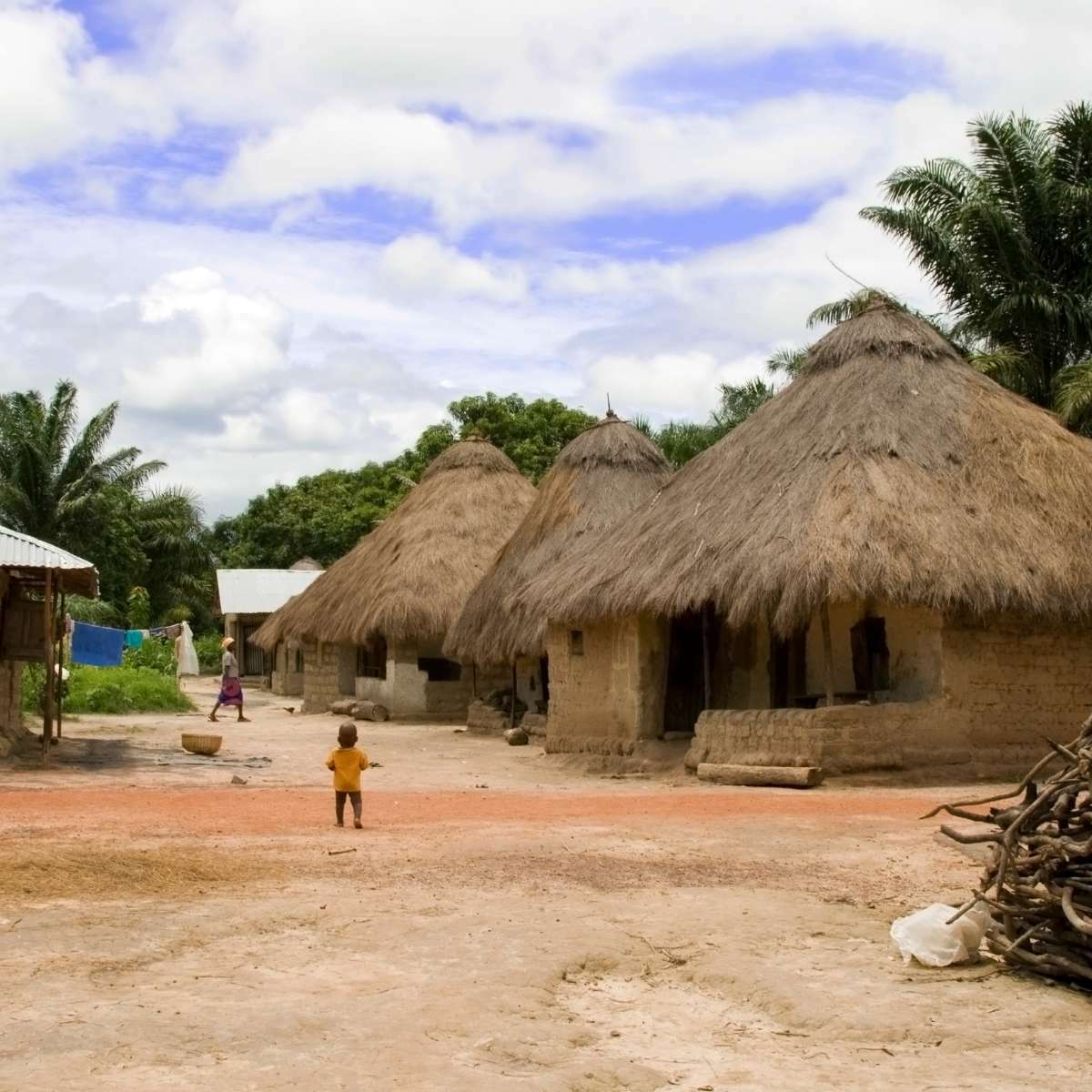The rural development encompasses a number of significant implications for businesses and communities in these areas.
In a world where different industries and organizations are increasingly expanding into these environments for activities such as mining and infrastructure construction, it is essential to understand and address this concept in an effective and sustainable manner.
What is Rural Development?
Rural development is a process that seeks to improve the quality of life, the economy, and the environmental sustainability of communities residing in rural areas, reducing inequality and promoting community participation and empowerment.reducing inequality and promoting community participation and empowerment.
Likewise, in the context of mining or infrastructure projects, it has to do with theThe same applies to the possibility for communities to develop and shape their collective and individual projects; access to greater opportunities such as education and quality health services; facilitate the formalization of land tenure; and overcome vulnerabilities related to the need to migrate to cities, loss of land, and integration into large agro-industrial projects without adequate consultation and loss of independence.
What are the objectives of Rural Development?
Rural development is a concept that has been largely influenced by the idea of urban development and economic progress characteristic of Western societies.
However, there are significant differences that make this transfer not so precise. It must be considered that this strategy has totally different nuances and implications, as well as multiple implications, which include:
Improved quality of life
One of the primary objectives of rural development is to improve the quality of life of rural populations. This involves providing access to essential services such as education, health care and basic infrastructure.
2. Economic diversification
It consists of promoting economic diversification, providing communities with opportunities to undertake different economic activities, such as agro-industry, rural tourism and handicrafts. It also includes other sectors that can strengthen the local economy and reduce vulnerability to fluctuations in agriculture.
Environmental sustainability
Sustainable rural development seeks to ensure that economic activities do not deplete these resources, but use them in a responsible and sustainable manner for present and future generations.
4. Reduction of inequality and poverty
These regions often face a significant gap in terms of access to services, so the aim is to facilitate access to decent jobs, health services and quality education to address this inequality.
5. Community participation and empowerment
It involves empowering rural communities to play an active role in planning and implementing projects that have an impact on their lives. Meaningful consultation and participation are essential to ensure that actions are aligned with community needs and priorities.
Responsibilities and challenges for companies
Companies operating in such contexts face a number of challenges and responsibilities with respect to rural development.
For example, extractive and construction extractive industry and constructionThe extractive and construction industries, for example, which take place in rural areas, have a responsibility to contribute to rural development from a local perspective, and to provide global strategies and visions that are locally articulated and enable communities to develop alternatives according to their vision and priorities.
Similarly, other challenges faced by organizations are:
- Corporate Social Responsibility (CSR): Considering social and environmental impact to improve the well-being of local communities.
- Community consultation and participation: To align its actions with local needs, promoting conflict prevention.
- Sustainable livelihood development: Involves training and providing employment opportunities that are compatible with the rural environment.
- Business Integration in Sustainable Regional Development: Requires collaborating with NGOs and local governments to address common challenges and develop projects for the benefit of the community as a whole.
Insight Social and the FG Gold case in Sierra Leone
Insight Social worked with FG Gold in Sierra Leone to articulate the priorities for the construction of their gold mine, while respecting the needs of the community, which is engaged in agriculture..
Faced with economic displacement caused by the construction of the mine and with the objective of restoring their livelihoods, in line with international standards, different alternatives were considered. The affected farmers were involved in the decision-making process through consultations and dialogue. consultation and dialogue.
In this context, the community decided to focus on on improving the productivity of their gardens to provide better food for their families. Consequently, the resulting programs included: training, the provision of materials and fertilizers for the crops and the and the creation of spaces for the exchange of knowledge to improve local production processes.
This success story illustrates how focusing focusing on the needs of local communities and working closely with and working closely with businesses, it is possible to drive positive and to drive positive and lasting change in rural areas, benefiting both the community and the businesses involved.benefiting both the community and the companies involved.
At InSight Social, we are committed to helping you build a strong and sustainable business future! Let's have a conversation!


